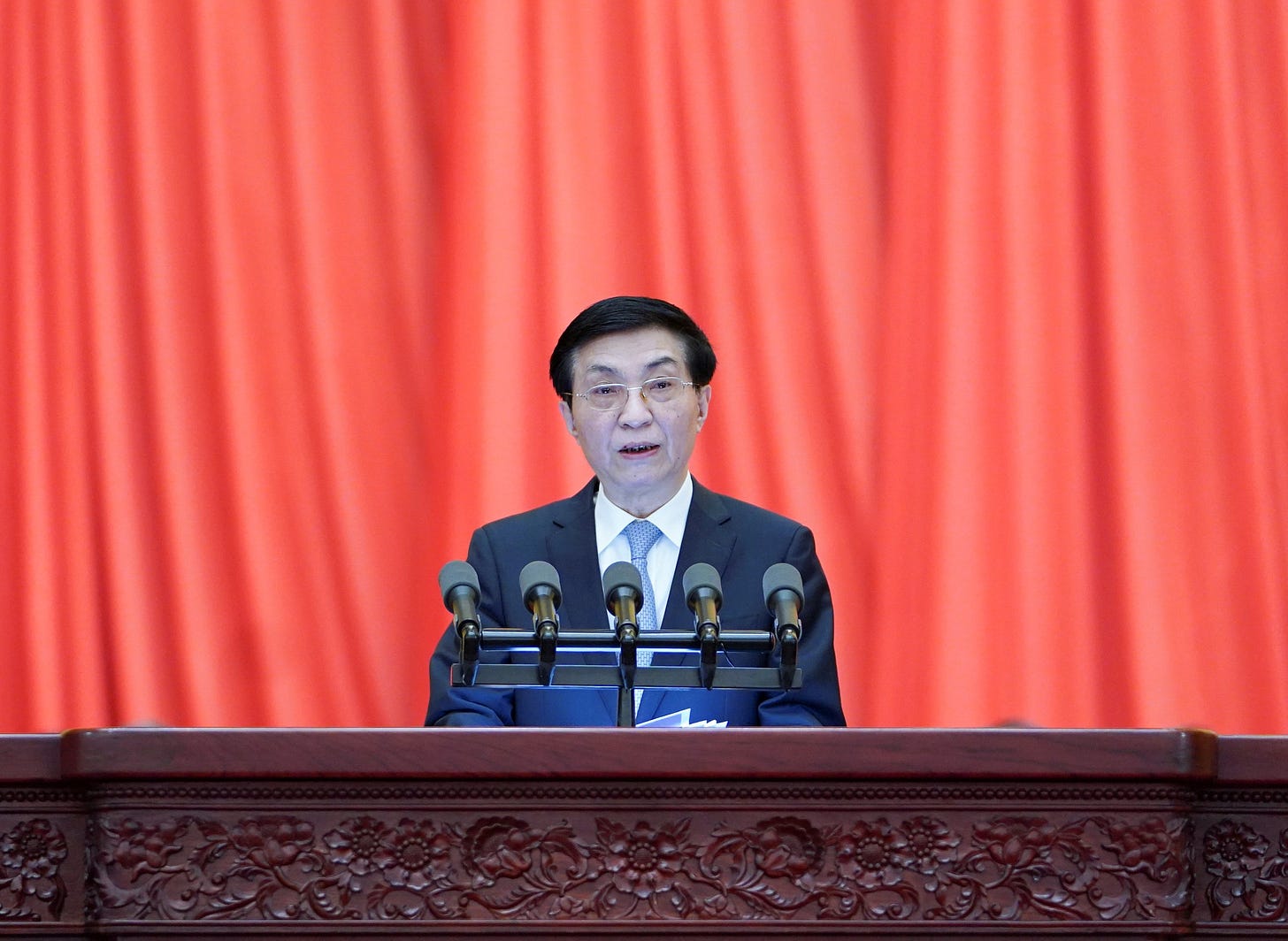America Against America
A review of America Against America, a book by Wang Huning
This week I listened to a chaotic but interesting discussion about China in which one of the guests, Logo Daedalus, mentioned a book by the Chinese political theorist Wang Huning. I’ve since been rea…


